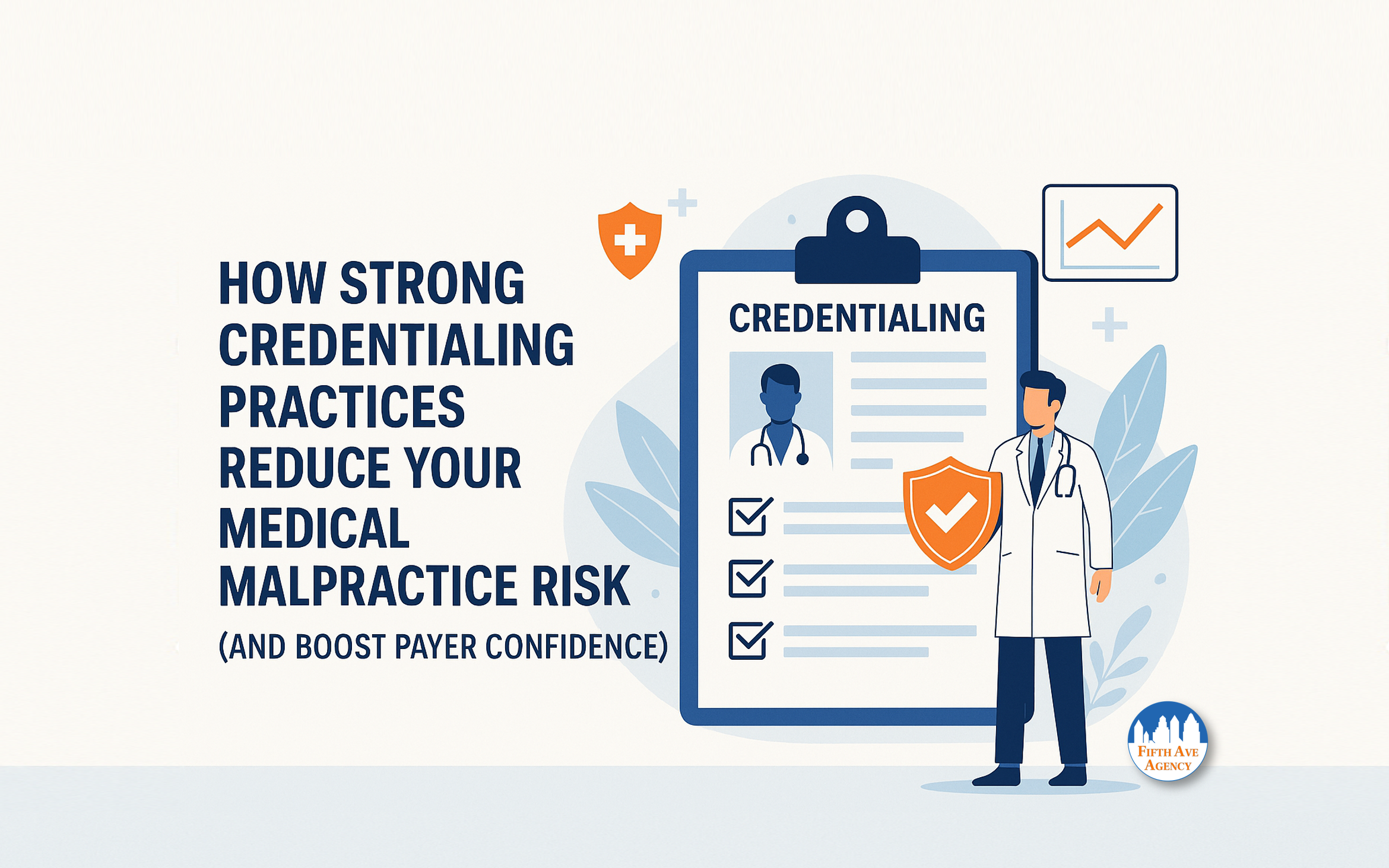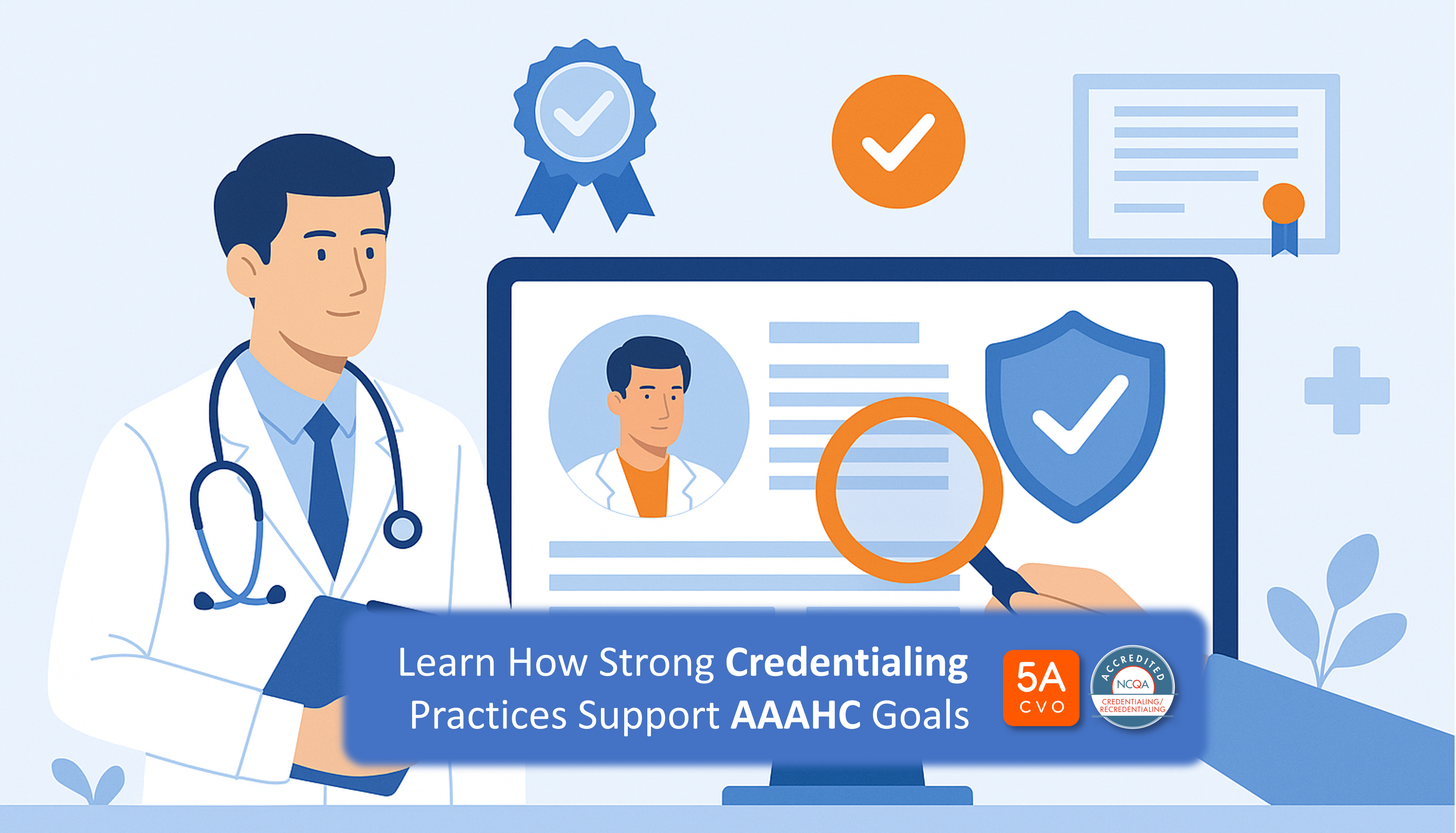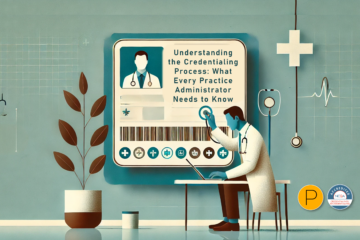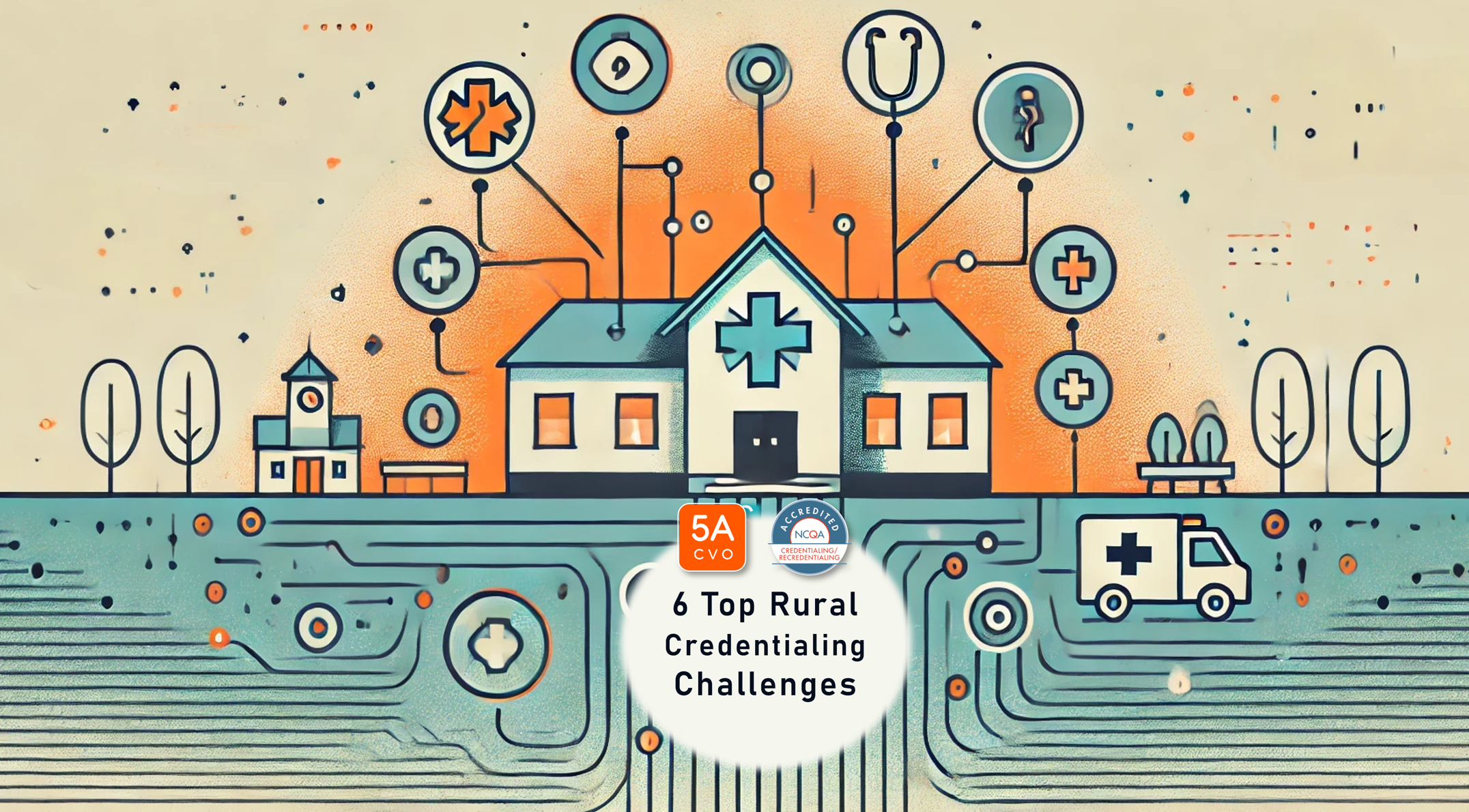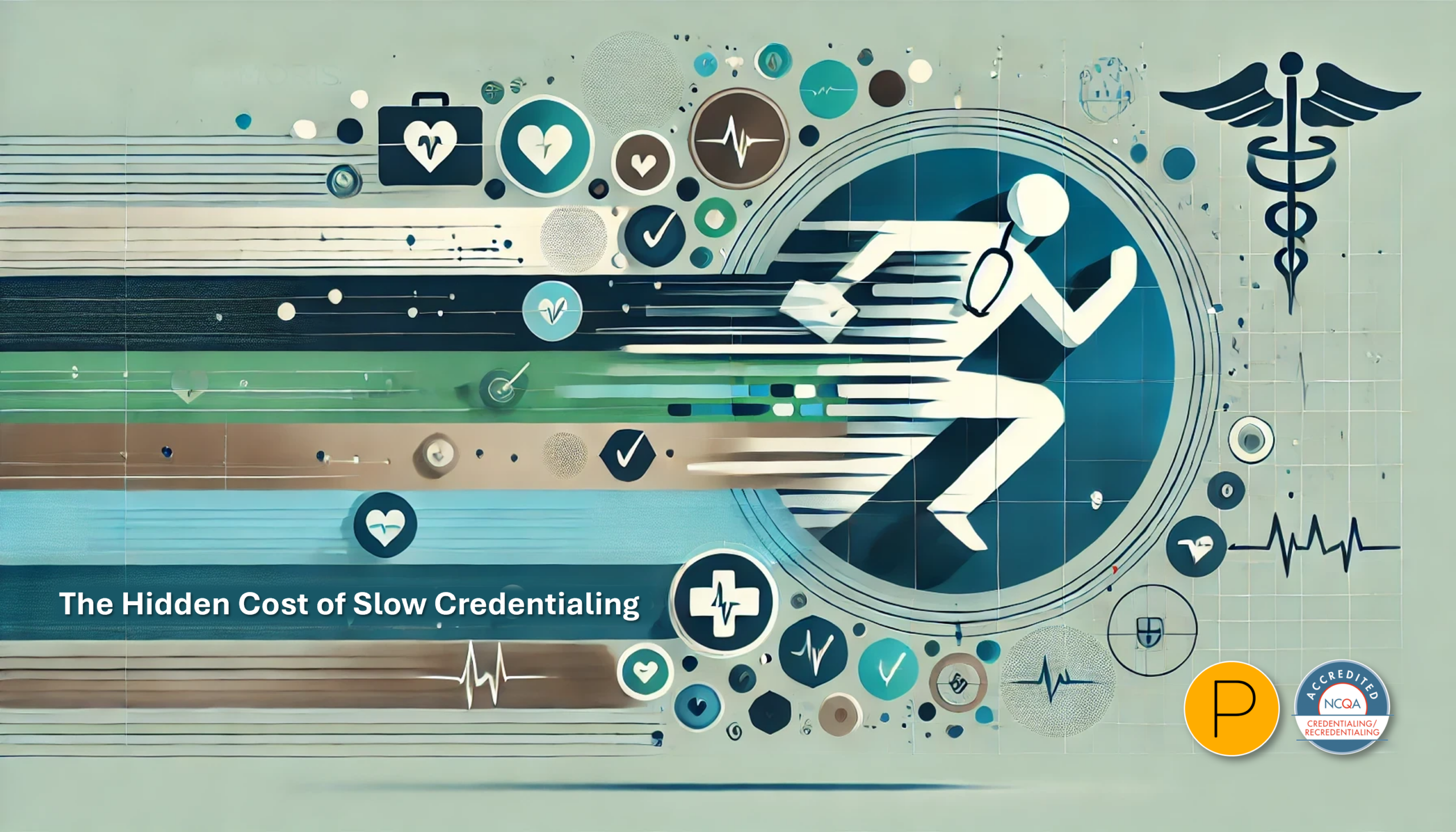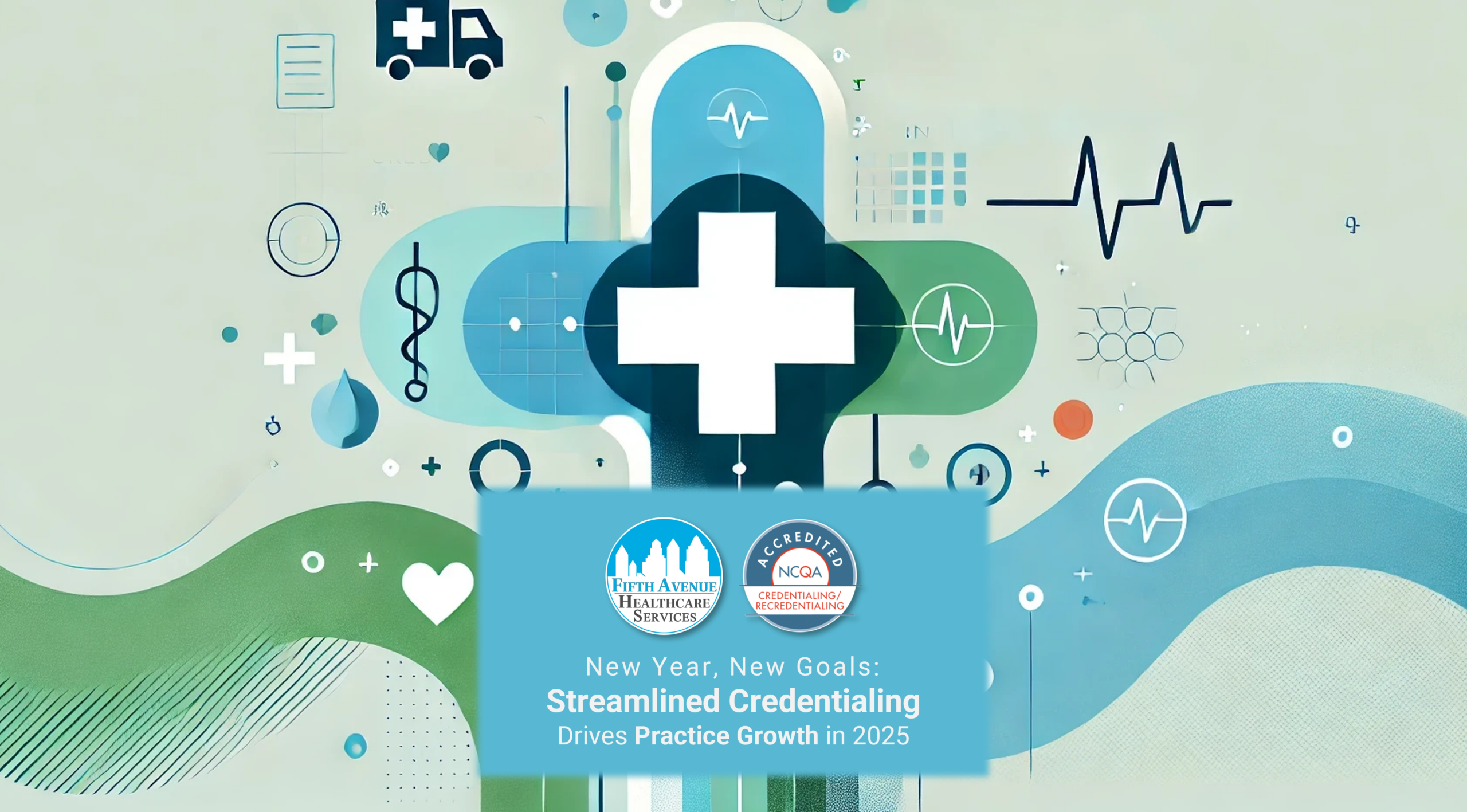In the rapidly evolving healthcare industry landscape, maintaining high standards of care and operational efficiency is crucial for organizations to thrive. One way to demonstrate commitment to excellence is through accreditation by reputable organizations like URAC (Utilization Review Accreditation Commission).
This article will delve deeper into the significance of URAC accreditation for healthcare organizations.
What is URAC Accreditation?
URAC is an independent, nonprofit organization dedicated to promoting healthcare quality through rigorous accreditation and certification programs. Founded in 1990, URAC offers over 50 accreditation and certification programs. Specific programs include patient care management, pharmacy, administrative management, digital health and telehealth, health plan accreditation, mental health and substance use disorder parity, and more.

The Importance of URAC Accreditation for Healthcare Organizations
Healthcare organizations often choose to pursue URAC accreditation for several compelling reasons.
Ten Top Reasons To Pursue URAC Accreditation
Here are ten top reasons healthcare organizations could choose to pursue URAC accreditation, including:
- Quality Improvement: URAC accreditation emphasizes evidence-based practices and encourages continuous improvement, leading to better patient outcomes and overall quality of care.
- Patient Safety: Accreditation demonstrates a commitment to patient safety, as organizations must adhere to strict standards and best practices.
- Enhanced Reputation: Achieving URAC accreditation enhances the reputation of healthcare organizations, inspiring trust and confidence among patients, partners, and stakeholders.
- Competitive Advantage: URAC-accredited organizations gain a competitive edge in the market, attracting more patients and potential partnerships.
- Operational Efficiency: The accreditation process helps streamline workflows and operational processes, leading to increased efficiency and cost-effectiveness.
- Continuous Education and Training: URAC accreditation encourages staff training and development, ensuring employees stay updated with the latest industry trends and best practices.
- Compliance with Regulations: URAC accreditation helps healthcare organizations stay compliant with industry regulations, mitigating potential legal risks.
- Network Expansion: Accredited organizations can expand their network and collaborate with other accredited entities, facilitating growth and knowledge exchange.
- Patient-Centric Care: URAC focuses on patient-centered care, fostering a culture of empathy and compassion within healthcare organizations.
- Care Coordination: Accreditation promotes effective care coordination and communication among various healthcare providers, resulting in a seamless patient experience.
Reasons Some May Choose Not to Pursue URAC Accreditation
While URAC accreditation offers significant benefits, there may be valid reasons why some healthcare organizations might choose not to pursue it. Here are four reasons why some organizations may decide not to pursue URAC accreditation.
- Resource Constraints: The accreditation process requires time, effort, and financial investment, which may be challenging for smaller organizations with limited resources.
- Already Accredited: Some organizations might already hold other recognized accreditations, making additional URAC accreditation redundant.
- Focus on Differentiation: Depending on their strategic goals, certain healthcare organizations may prioritize other differentiating factors over URAC accreditation.
- Philosophical Differences: In some cases, organizations may have philosophical differences with specific URAC standards, leading them to opt for alternative accreditation bodies.
The Role of Technology in URAC Accreditation
Technology plays a pivotal role in the URAC accreditation process, enabling healthcare organizations to meet stringent standards efficiently.
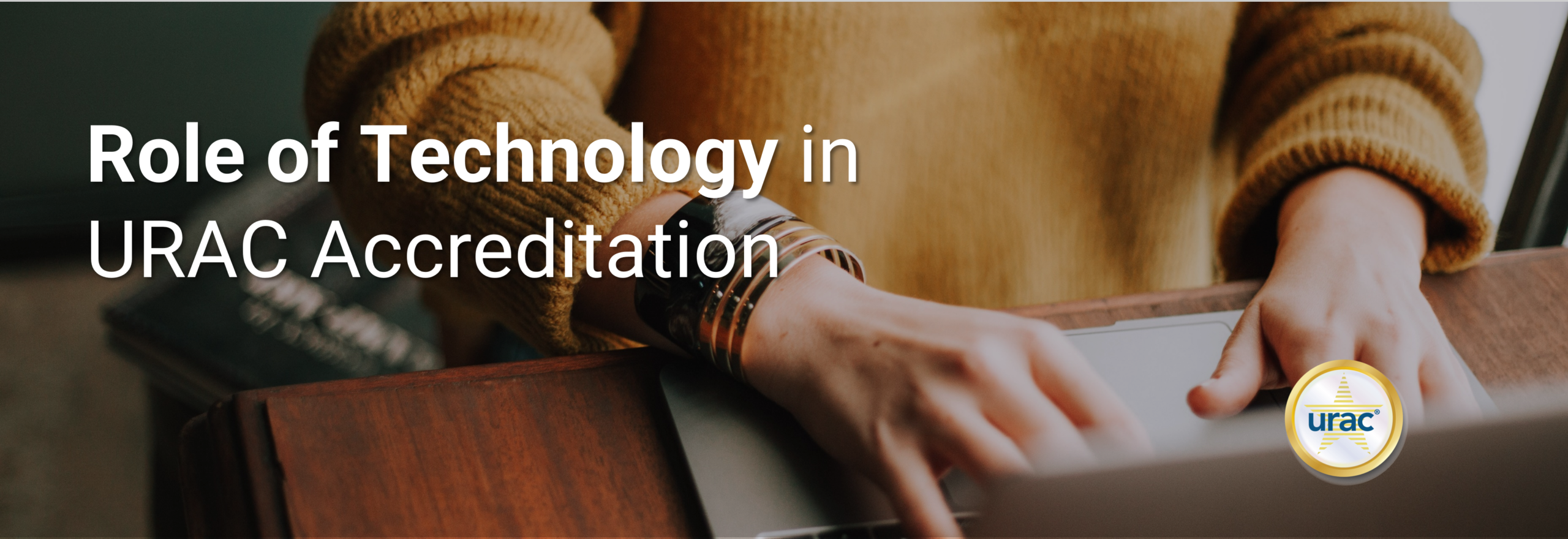
Critical aspects of technology’s role in URAC accreditation include:
-
- Streamlined Data Management: Technology facilitates the organization and analysis of vast amounts of data required for accreditation, ensuring accuracy and completeness.
- Automated Workflows: Automation streamlines workflows, reducing administrative burden and increasing productivity.
- Performance Analytics: Technology enables real-time monitoring of performance metrics, aiding in identifying areas for improvement.
- Enhanced Communication: Digital platforms and telehealth solutions improve communication between providers and patients, supporting patient-centered care.
- Data Security and Privacy: Robust technology safeguards sensitive patient information, ensuring compliance with privacy regulations.
URAC’s Value to the Healthcare Industry
URAC’s accreditation programs offer significant value to the healthcare industry, with far-reaching benefits, including:
-
- Standardization: URAC establishes standardized criteria for quality, safety, and performance, promoting consistency across the healthcare landscape.
- Benchmark for Excellence: Accreditation serves as a benchmark for healthcare organizations to assess and improve their practices against industry best practices.
- Continuous Improvement: The focus on continuous improvement fosters innovation and drives the adoption of evidence-based practices.
- Consumer Empowerment: Accreditation helps consumers make informed choices by identifying organizations that meet high-quality standards.
- Industry Collaboration: URAC’s accreditation programs encourage collaboration and knowledge sharing among industry stakeholders, fostering collective growth.
6 Steps Of The URAC Accreditation Process
The URAC accreditation process involves six essential steps:
- Preliminary Assessment: The interested healthcare organization initiates the process by conducting an internal review of their practices, identifying areas that need improvement, and ensuring alignment with URAC standards.
- Accreditation Application: The organization submits the accreditation application, providing detailed information about its operations, staff qualifications, and patient care processes.
- Document Review: URAC assesses the submitted documents to evaluate the organization’s compliance with the relevant standards.
- On-Site Survey: A URAC survey team visits the interested healthcare organization to conduct an on-site evaluation, examine workflows, interview staff, and review patient records.
- Accreditation Decision: Based on the findings, URAC decides on the organization’s accreditation status.
- Continuous Improvement: Once accredited, the organization focuses on ongoing quality improvement efforts and compliance with URAC standards.
Benefits Of URAC Accreditation
URAC accreditation brings a host of specific benefits:
-
- Enhanced Credibility: URAC accreditation validates the organization’s commitment to excellence and enhances its credibility among patients, partners, and stakeholders.
- Improved Quality Metrics: URAC standards emphasize quality metrics, driving improved patient outcomes and overall performance.
- Patient Satisfaction: Accreditation highlights patient satisfaction, leading to increased loyalty and positive word-of-mouth referrals.
- Increased Revenue: An accredited organization can negotiate better reimbursement rates with payers, increasing revenue.
- Attracting Top Talent: URAC accreditation helps create a more attractive employer for top healthcare professionals seeking to work in a reputable, quality-focused organization.
- Risk Management: Compliance with URAC standards reduces the organization’s exposure to legal and regulatory risks, promoting a culture of patient safety.
- Networking Opportunities: URAC-accredited organizations have access to networking opportunities with other accredited entities, fostering collaboration and knowledge exchange.
- Consumer Trust: URAC accreditation instills consumer trust, helping the accredited organization stand out in a competitive healthcare market.
Long-Term Impact of URAC Accreditation
URAC accreditation is not a one-time achievement but a continuous journey toward excellence.
Four key takeaways on what the long-term impact of URAC accreditation involves include:
- Sustainable Growth: Accreditation facilitates sustainable growth and long-term success.
- Innovative Practices: The focus on continuous improvement encourages adopting innovative practices, keeping the organization at the forefront of healthcare advancements.
- Benchmarking Progress: URAC standards provide a benchmark for measuring the organization’s progress over time, identifying areas for further development.
- Positive Reputation: Consistent adherence to URAC standards reinforces a positive reputation, attracting patients and stakeholders.
Conclusion Of URAC Accreditation: Advancing Healthcare Quality and Efficiency
URAC accreditation is a prestigious recognition demonstrating a healthcare organization’s commitment to delivering high-quality care and operational excellence. Healthcare organizations obtaining URAC accreditation is a transformative step towards advancing patient outcomes, enhancing their reputation, and positioning themselves as leaders in the industry.
As technology continues to shape healthcare practices, organizations should embrace innovation to meet URAC’s rigorous standards and excel in a competitive healthcare landscape.
The journey towards URAC accreditation is a testament to quality improvement and a commitment to patient-centric care, ensuring a brighter and healthier future for the healthcare industry.
More information about Fifth Avenue Healthcare Services
Fifth Avenue Healthcare Services is an NCQA Credentialing Accredited family of healthcare companies. Sister companies include 5ACVO (credentialing and primary source verification specialists), Fifth Avenue Agency (MPLI and medical malpractice insurance specialists), and Primoris Credentialing Network (credentialing and provider enrollment specialists with 54+ health plan and network provider enrollment options).
For information on Fifth Avenue Healthcare Services, please visit FifthAvenueHealthcareService.com or Contact Us.

